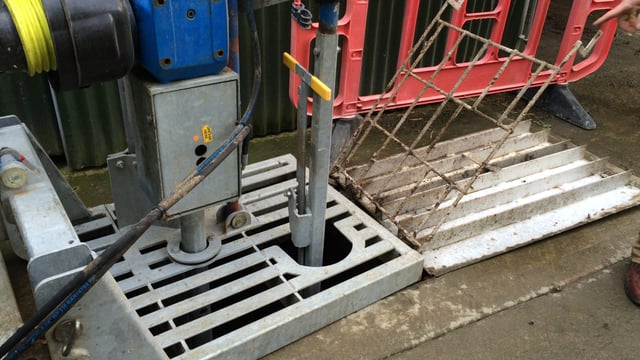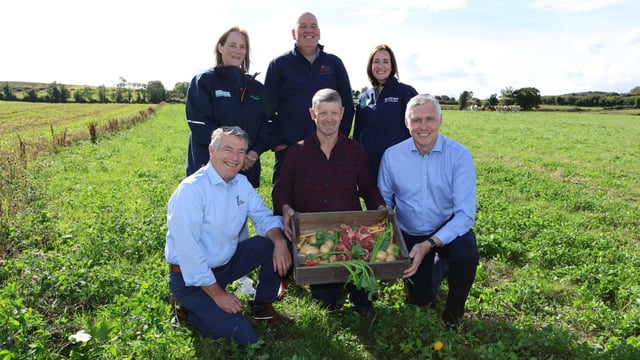Galway dog warden conducts enquiries over sheep worrying
Galway County Council's dog warden is conducting door-to-door enquiries on the back of a recent sheep worrying incident in the Killasolan area of the county.
The council confirmed on social media that a flock of six sheep had been attacked by a dog on October 13, with one later succumbing to its injuries. To date, the dog(s) involved have remained unidentified.
The crime was reported to gardaí for investigation, as well as the Irish Farmers' Association (IFA), whose national sheep chair, Adrian Gallagher, spoke with Agriland recently about the prevalence of sheep worrying, which he believes, pertains to issues around "enforcement".
“What we need is for all dog owners to be responsible, but unfortunately there are still people who are not getting this message.
“When dog owners are not responsible they must face the consequences of their actions – there needs to be the right structures and sanctions in place to reflect the impact – both financial and emotional – of these attacks on sheep,” Gallagher said.
The dog warden service is undertaking inspections in the rural area of Killasolan on the foot of the dog attack to ensure responsible dog ownership is being upheld, including licensing and microchipping checks.
The dog wardens on behalf of the council are also raising awareness of sheep's vulnerability to dog attacks amongst dog owners, as well as the economic tolls of such attacks on affected farmers.
Dog owners found found culpable for sheep worrying can face fines between €100 to €300 under the Control of Dogs Act and could be held liable for the damages upon prosecution.
"We would ask farmers in the Killasolan and surrounding areas to be particularly vigilant at this time. We also appeal to all dog owners to ensure that their dog is never let out unsupervised, particularly at night, and are under control at all times," Galway County Council advised.
In its Facebook post, the council appealed to witnesses of sheep worrying attacks to contact gardaí immediately.
Aidan Cunningham from the environment department at Galway County Council explained that many of these incidents go unsolved due to the difficulties identifying the dogs responsible for the attacks, which more regularly occur without witnesses.





